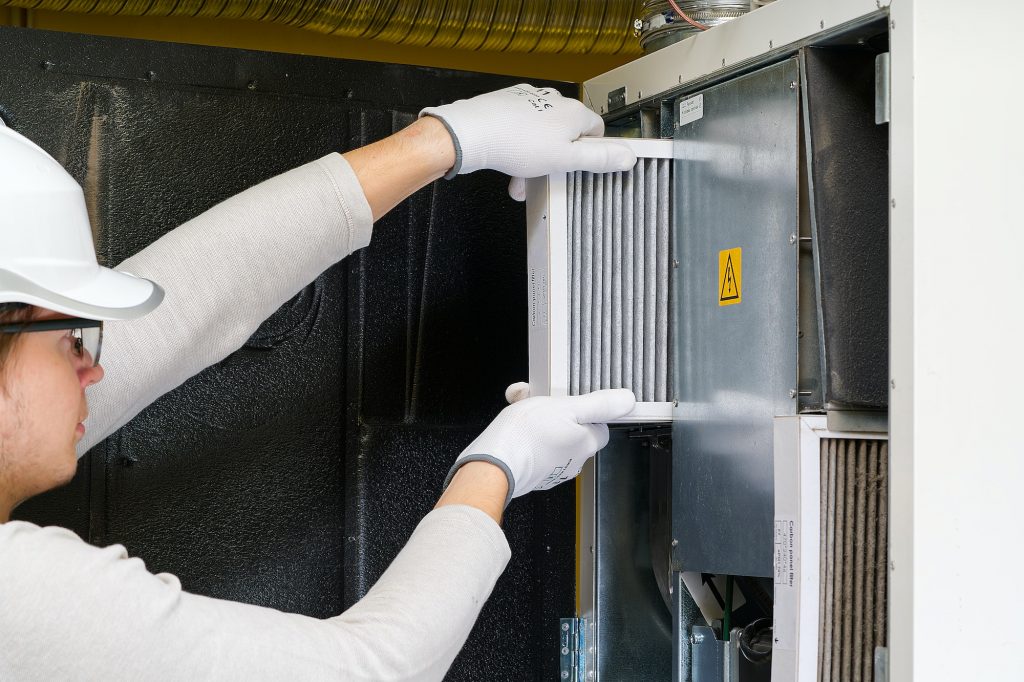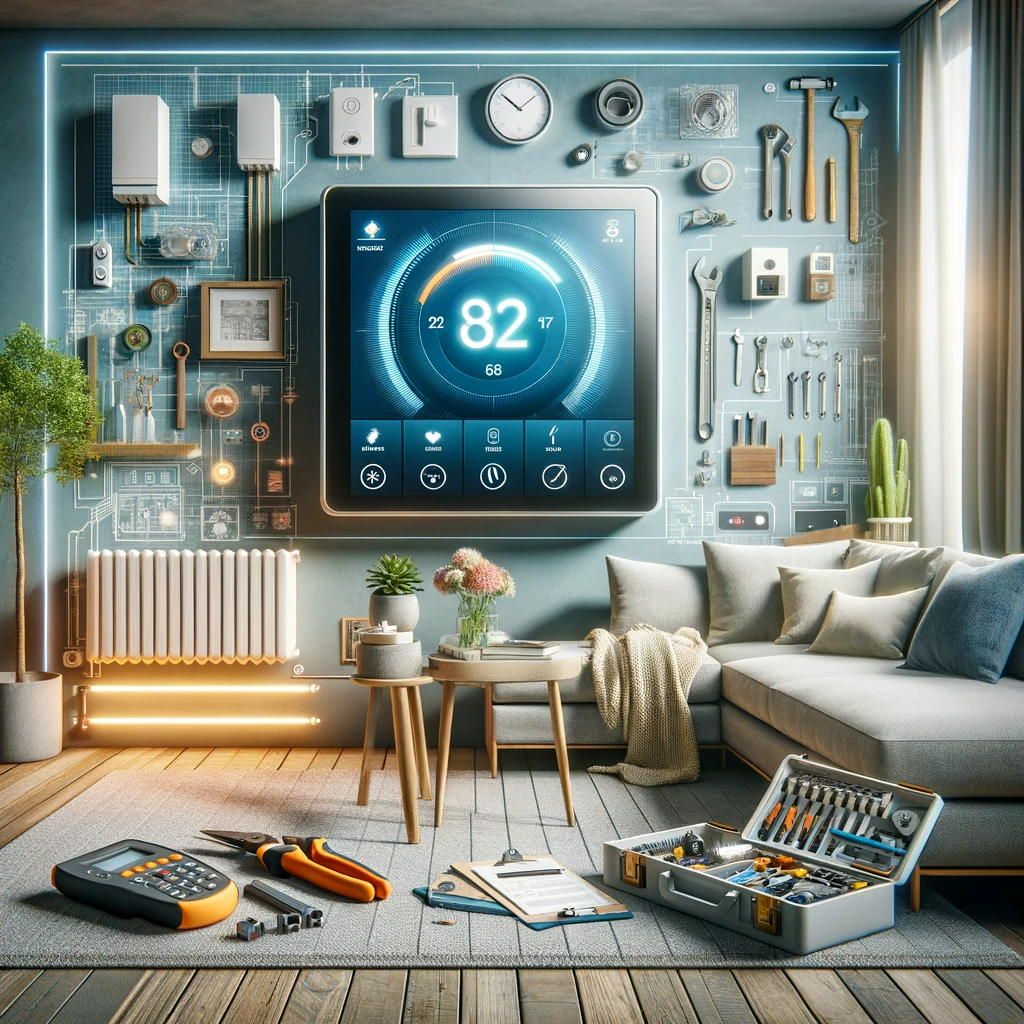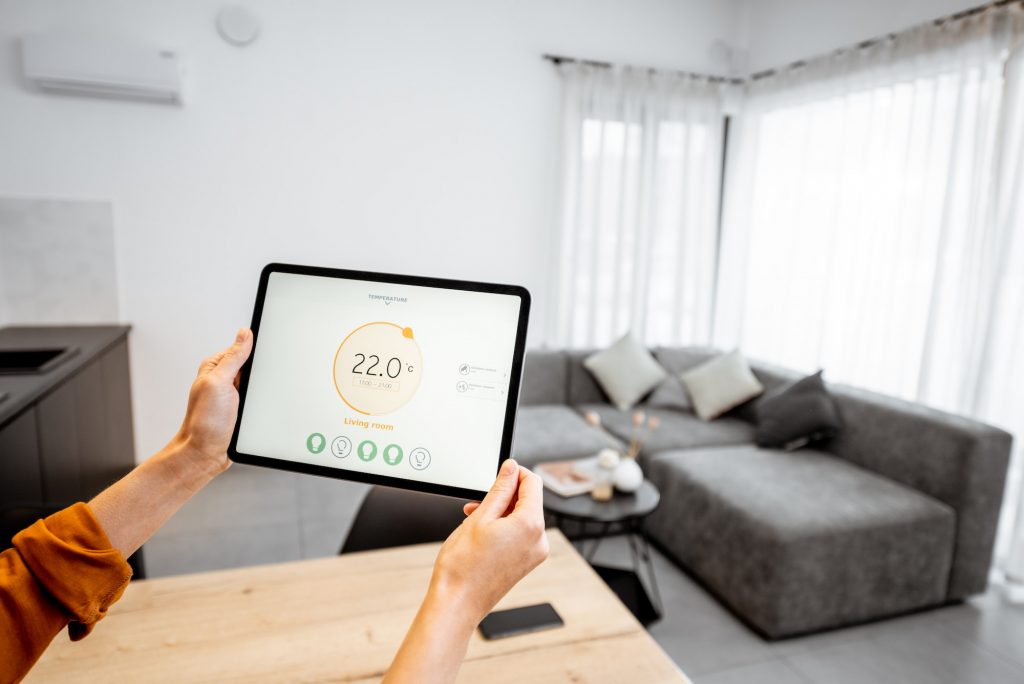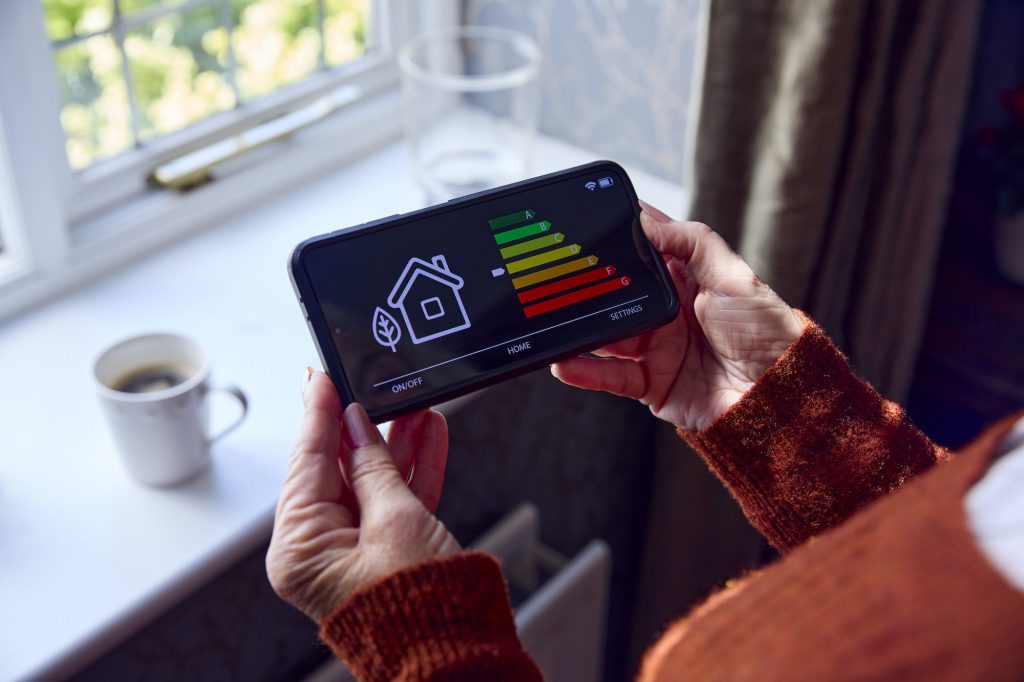Regular air filter replacement is crucial in ensuring your heating system’s efficiency and longevity. Air filters serve as a barrier that captures pollutants, dust, and allergens in the air. Failure to replace air filters regularly can result in severe consequences that affect your indoor air quality, energy efficiency, and heating system performance. In this article, we will discuss the importance of regular air filter replacement for your heating system and everything you need to know about it.

Understanding Air Filters
Before diving into the importance of air filter replacement, it’s essential to understand the types of air filters, how they work, and what factors affect their efficiency. Air filters come in different types, such as fibreglass, pleated, washable, and electrostatic. They all function by trapping airborne particles that can cause health problems, damage your heating system, and worsen indoor air quality.
Air filter efficiency is affected by several factors, including the size of the particles, the flow rate, and the filter’s media thickness. The thicker the media, the more efficient the filter will be at capturing airborne particles. However, this also means that the airflow will be restricted, which can cause your heating system to work harder and consume more energy.
Importance of Air Filter Replacement
Replacing your heating system’s air filter regularly has several benefits, including air quality improvement, energy efficiency improvement, and heating system longevity improvement. Let’s dive into each benefit in more detail.
Air Quality Improvement
A dirty air filter can significantly affect indoor air quality, causing health problems such as allergies, asthma, and respiratory illnesses. By regularly replacing your air filter, you remove trapped pollutants, dust, and allergens, improving indoor air quality and providing a healthier environment for your family.
Energy Efficiency Improvement
A dirty air filter restricts airflow, causing your heating system to work harder and consume more energy to reach the desired temperature. This can result in higher utility bills and a shorter lifespan for your heating system. Regular air filter replacement allows for proper airflow, reducing energy consumption and extending the heating system’s lifespan.
Heating System Longevity Improvement
A dirty air filter can cause your heating system to work harder, leading to increased wear and tear, and reducing its lifespan. Regular air filter replacement ensures that your heating system operates efficiently and reduces the likelihood of breakdowns and costly repairs.
When to Replace Air Filters
Knowing when to replace your air filter is essential to maintain your heating system’s efficiency and prevent costly repairs. Here are some signs that indicate that it’s time to replace your air filter:
- Dust buildup on the filter
- Restricted airflow
- Higher energy bills
- Increased dust and dirt accumulation in the house
- Unpleasant odours in the house
The frequency of air filter replacement depends on several factors, such as the type of filter, the size of your home, the number of pets, and the air quality in your area. Generally, it’s recommended to replace the air filter every 30 to 90 days. However, if you have pets or suffer from allergies, you may need to replace the filter more frequently.
To check and replace your air filter, follow these simple steps:
- Turn off the heating system
- Locate the air filter
- Remove the air filter
- Inspect the air filter for dirt and damage
- If the air filter is dirty, replace it with a new one
- Make sure the new filter is properly installed
- Turn on the heating system
Choosing the Right Air Filter
Choosing the right air filter is essential to ensure maximum efficiency and air quality. When selecting an air filter, consider the MERV rating, which measures the filter’s ability to capture airborne particles. The higher the MERV rating, the more efficient the filter will be at capturing particles.
Other factors to consider when choosing an air filter include the size of your heating system, the airflow rate, and the thickness of the filter media. Avoid making common air filter mistakes, such as using cheap filters or selecting the wrong size or type of filter.
DIY vs. Professional Air Filter Replacement
While you can replace your air filter yourself, it’s always best to hire a professional. Although DIY replacement is cheaper, it comes with risks such as incorrect installation, causing damage to the heating system, or voiding the warranty. A professional air filter replacement ensures that the filter is correctly installed, and the heating system is working correctly, reducing the likelihood of costly repairs in the future.
Conclusion
In conclusion, regular air filter replacement is crucial in maintaining your heating system’s efficiency, improving indoor air quality, and prolonging the heating system’s lifespan. Remember to check and replace your air filter regularly, choose the right air filter, and hire a professional if necessary.






